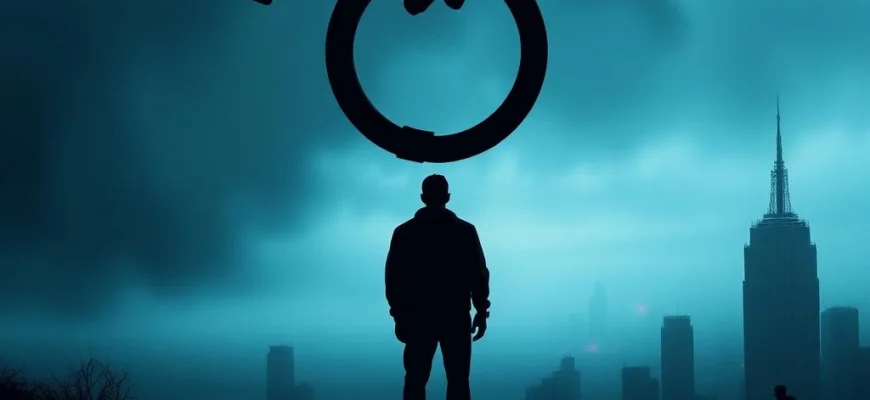If you were captivated by 'The Monopoly on Violence' (2020), a gripping documentary exploring state power and societal control, you'll love these 10 similar films and shows. This article curates thought-provoking titles that delve into themes of authority, resistance, and justice, offering viewers more compelling narratives that challenge the status quo.
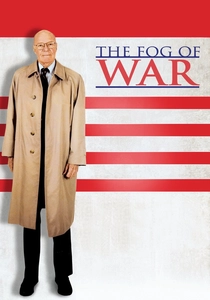
The Fog of War (2003)
Description: This documentary examines the moral and ethical dilemmas of war and power, reflecting on how systemic violence is justified and perpetuated.
Fact: The film won the Academy Award for Best Documentary Feature, and its subject, Robert McNamara, was the U.S. Secretary of Defense during the Vietnam War.
 Watch Now
Watch Now 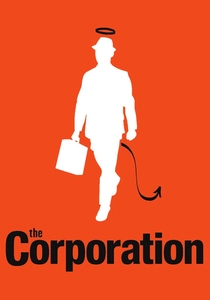
The Corporation (2003)
Description: This documentary critically examines the role of corporations in modern society, exploring themes of power, control, and systemic violence, much like the reference title. It delves into how corporate structures influence societal norms and behaviors.
Fact: The film uses psychological diagnostic criteria to evaluate corporations as if they were human beings, concluding they exhibit traits of psychopathy.
 Watch Now
Watch Now 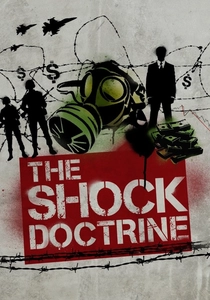
The Shock Doctrine (2009)
Description: Based on Naomi Klein's book, this film explores how crises are exploited to implement radical economic policies, mirroring themes of systemic violence and control.
Fact: The documentary uses archival footage and animations to illustrate the concept of 'disaster capitalism.'
 Watch Now
Watch Now 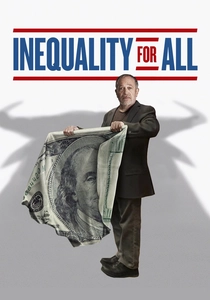
Inequality for All (2013)
Description: Focusing on economic disparity, this documentary highlights how systemic inequalities lead to societal violence and unrest, resonating with the reference title's themes.
Fact: The film features former U.S. Labor Secretary Robert Reich, who uses humor and simplicity to explain complex economic concepts.
 Watch Now
Watch Now 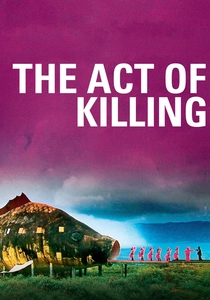
The Act of Killing (2012)
Description: This documentary examines the psychological and societal impacts of violence, particularly how perpetrators rationalize their actions, mirroring the exploration of systemic violence.
Fact: The film's subjects reenact their real-life killings in various cinematic genres, blurring the line between reality and fiction.
 Watch Now
Watch Now 
The True Cost (2015)
Description: This documentary examines the human and environmental costs of fast fashion, highlighting systemic violence and exploitation in global supply chains.
Fact: The film was crowdfunded and became a rallying cry for ethical consumerism and sustainable fashion.
 Watch Now
Watch Now 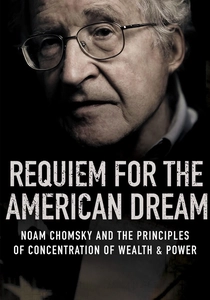
Requiem for the American Dream (2015)
Description: Focusing on economic inequality and the concentration of wealth, this documentary highlights systemic issues that perpetuate violence and control, aligning with the reference title's themes.
Fact: It features Noam Chomsky's final long-form documentary interview, summarizing his views on capitalism and democracy.
 Watch Now
Watch Now 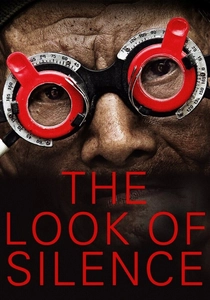
The Look of Silence (2014)
Description: A companion piece to 'The Act of Killing,' this film delves into the aftermath of violence and the silence that follows, reflecting on themes of complicity and systemic oppression.
Fact: The director spent a decade gaining the trust of the victims' families before filming, ensuring their stories were told with dignity.
 Watch Now
Watch Now 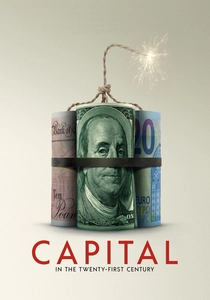
Capital in the Twenty-First Century (2019)
Description: This documentary adapts Thomas Piketty's book, exploring how wealth inequality perpetuates systemic violence and control, aligning with the reference title's critique of power structures.
Fact: The film uses innovative animations to visualize complex economic data, making it accessible to a broader audience.
 Watch Now
Watch Now 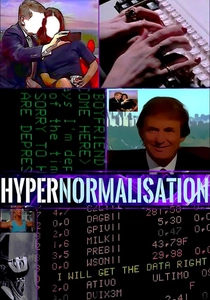
HyperNormalisation (2016)
Description: This film explores the concept of how governments and corporations create simplified versions of reality to maintain control, resonating with themes of systemic manipulation and societal violence.
Fact: The documentary was released exclusively on BBC iPlayer and quickly became one of the most-watched programs on the platform.
 Watch Now
Watch Now 
